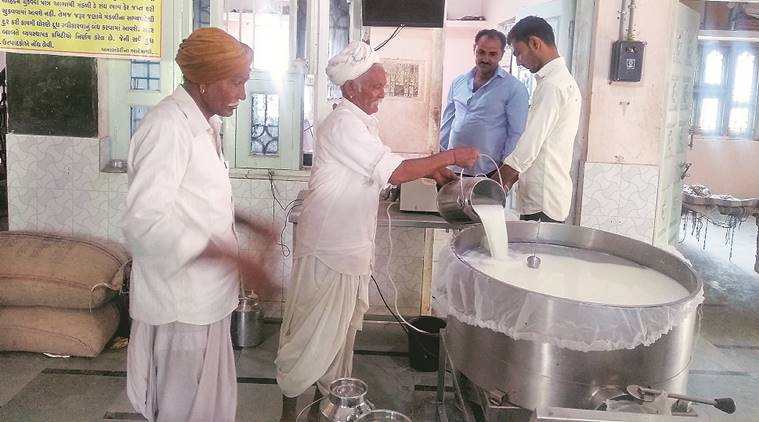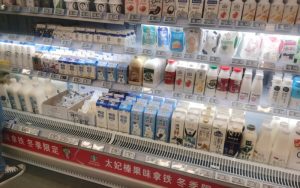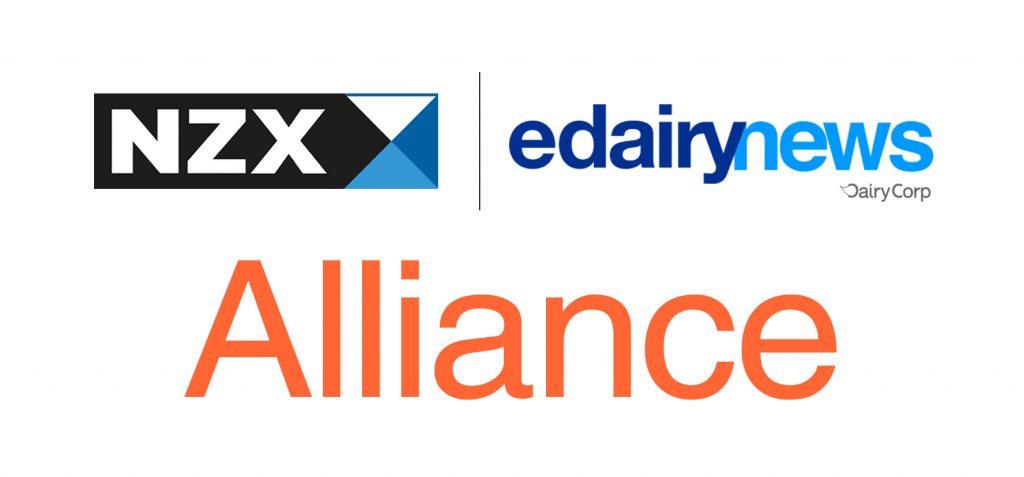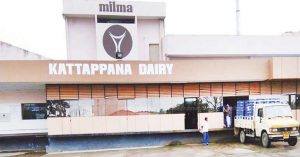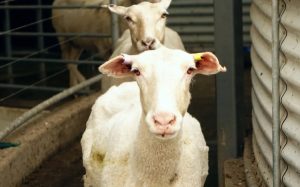From a milk deficient country, India became self-sufficient in milk production mainly attributed to the role played by dairy cooperatives such as Amul (Gujarat Cooperative Milk Marketing Federation), Nandini (Karnataka Milk Federation) etc.
After the announcement of lockdown in March to curb spread of the COVID19, it resulted in disruption of supply chains associated with the various sectors of Indian economy. However, the dairy cooperatives continued with their operations of procuring milk from the members (as well as non-members) and distributions of dairy products to consumers notwithstanding operational challenges faced.
While many private sectors organised dairy players stopped or reduced milk procurement from farmers because of decline in demand, majority of the co-operative dairies have continued to collect milk from dairy farmers to ensure best possible financial support in spite of lower sales. This has resulted in surplus stock of Skimmed Milk Powder (SMP) and butter with the co-operative dairies. On one hand the milk procurement has increased and on other the demand for the dairy products is yet to reach the pre-COVID level.
It is estimated that the dairy cooperatives currently have around 1.5 lakh tonne of SMP stocks, which implies around 1.5 million tonne of milk stock (conversion ratio of SMP to liquid milk 1:10). This stock is far more than the SMP stocks held with the cooperatives a year ago. With the onset of flush season (milk production goes up) from October, dairy cooperatives have been asking the government to provide incentives under the Merchandise Exports from India Scheme so that around 50,000 tonne of SMP could be exported.
A number of countries which imports large quantity of dairy products are not permitting import of dairy from India applying various tariff and non-tariff barriers. The European Union (EU) does not approve dairy imports from India under the pretext of various issues like pesticide and antibiotic residue etc. The United States had a high import duty of 40 to 60% on dairy products. China, the world’s largest importer of dairy products does not permit import from India after it imposed a ban on the imports of milk and milk products from China years back because of presence of toxic chemical – melamine in Chinese dairy products. Russia’s guidelines stipulate that their own veterinary control team approves dairy plants in India prior to imports. In the last four years, Russia has not granted any approval for Indian dairy plants.

